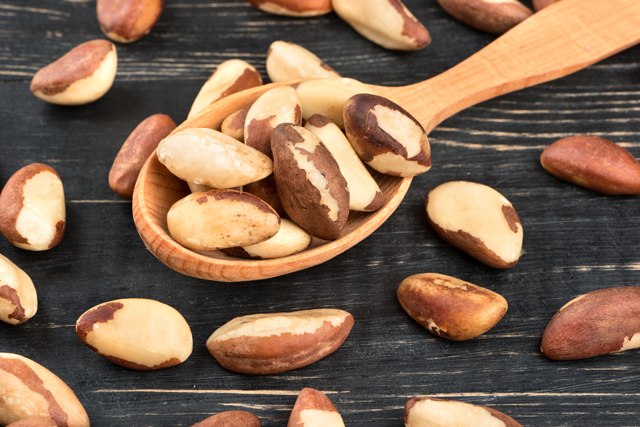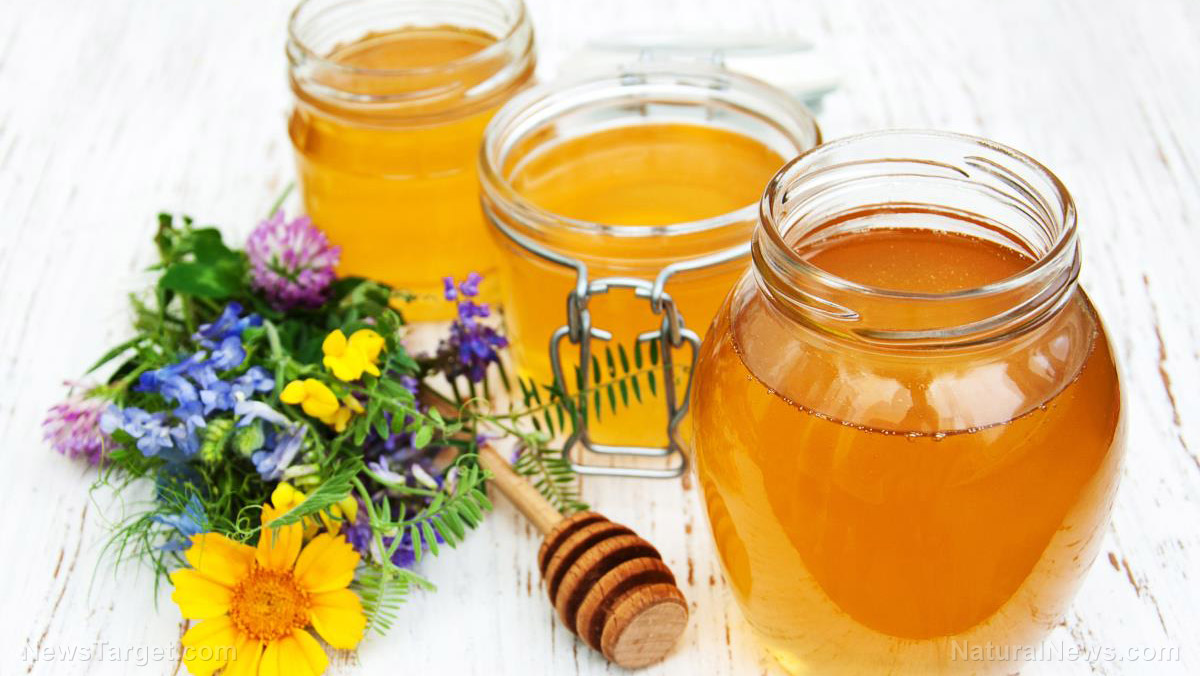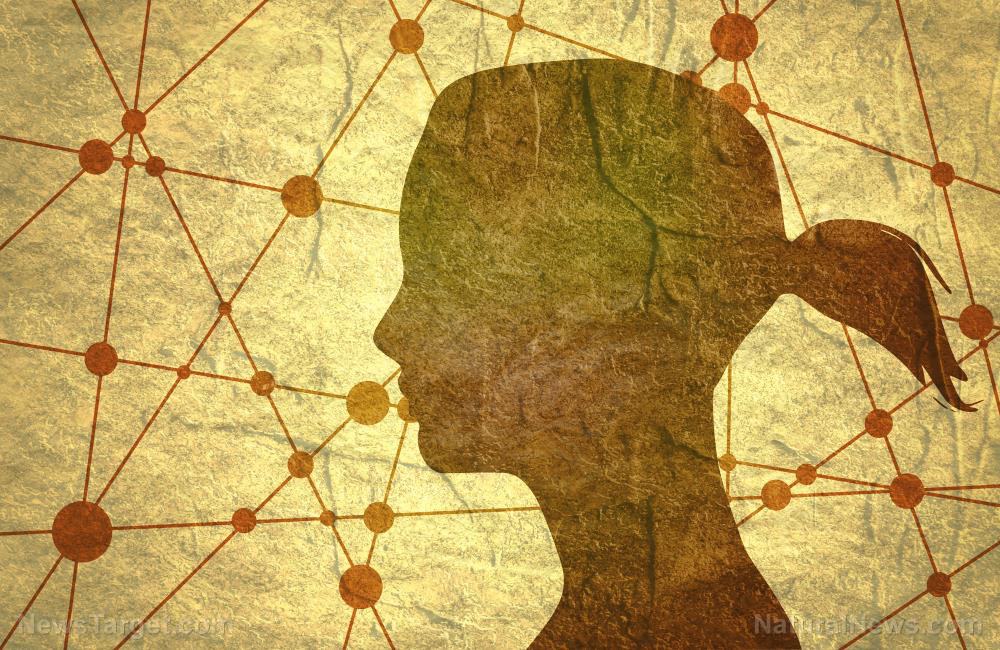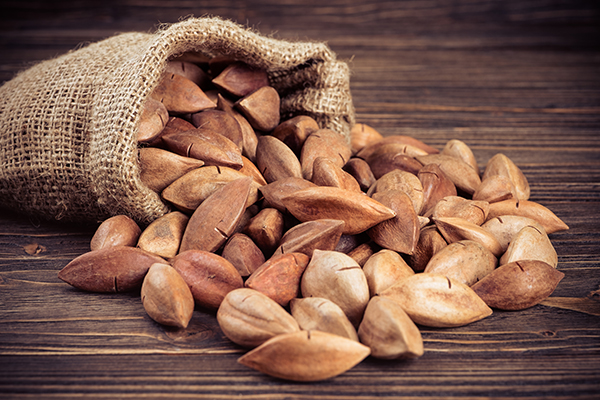5 Natural, drug-free ways to manage anxiety
10/27/2019 / By Grace Olson

It is normal to worry about things, but too much worrying can become a problem. In some cases, people worry so much that it impedes their daily activities. Add the cost of consultations and medications to that, and it’s no wonder a lot of people are suffering from anxiety.
Fortunately, there are natural ways to relieve anxiety. The methods can not only help people address negative feelings, they can also help identify the cause of such feelings.
Here are some drug-free ways to manage anxiety:
1. Adjust your diet
A person’s diet affects his or her physical and mental health. A poor diet can mean the lack of nutrients needed to handle stress and maintain proper cognitive function. When a person is hungry, he or she is more likely to feel irritated or worry about things. Some studies have also linked certain foods to anxiety. (Related: Magnesium and anxiety: A look at the benefits and how to include it in your diet.)
Try these tips to avoid feeling anxious:
- Abstain from processed foods. These foods contain refined sugars, high levels of sodium, and saturated fats. According to a review of studies exploring the relationship between diets and anxiety, fatty and sugary foods can cause anxious behavior in mice and may cause the same in humans.
- Avoid caffeinated and alcoholic drinks. Some studies have shown that long-term consumption of caffeine contributes to anxiety. Meanwhile, alcohol may cause a person to relax at first; but as it is processed inside the body, alcohol can make a person feel edgy.
- Take natural supplements. Nutrients like vitamin B12 and L-theanine can help relieve anxiety. Vitamin B12 is found in eggs and shiitake mushrooms, while L-theanine is an amino acid commonly found in green tea. Consult your health care provider before taking any supplement to maximize its benefits.
2. Engage in physical activity
Several studies have shown the calming effects of physical activities on individuals suffering from anxiety. Exercise stimulates the brain to produce endorphins and serotonin, neurotransmitters that help improve a person’s mood.
However, a lot of people lead sedentary lifestyles, which can contribute to stress and anxiety. Many people also have busy schedules, so exercise slides down their priority list.
If you are one of those people, here are some steps that you can take to increase your physical activity:
- Park far away from the entrance of a building so you’re required to walk
- Play outside with your kids (if you have any)
- Use the stairs instead of the elevator
- Take a walk during your break
- Stand every 30 minutes (if you have a desk job)
3. Get into a routine
It is difficult to completely change your lifestyle. A person will need some time before he or she can adjust to diet changes and scheduled exercises.
Having a daily routine helps relieve mental stress because it offers a sense of security. A daily routine also makes it easier to pinpoint events that cause anxiety.
Having good quality sleep every night has a positive effect on a person’s mood and cognitive function. This can also help a person get better at dealing with stressful situations.
4. Practice mindfulness
Mindfulness involves being aware of and appreciative of your current self and your environment. According to studies, practicing mindfulness can improve feelings of anxiety. Yoga and meditation are said to be effective at helping people deal with negative emotions. Other activities like journal writing or knitting can also help a person calm down and properly deal with the root of his or her negative emotions.
Here are some tips to practice mindfulness:
- Don’t reach for your phone immediately. People often check their social media upon waking up. Avoid doing that and instead, take the time to savor the moment. Be thankful for another day. Take this time to breathe before checking the day’s schedule.
- Set aside time for meditation. This can be scheduled right after waking up or before going to bed. You can also do it during lunch break or any other free time.
- When stressed, take some time to breathe. Go somewhere secluded like an empty room and just breathe. This can help you calm down and have a clearer head to assess your situation.
- Join a yoga class or a meditation group. By being part of a group, you can receive support and tips from others about how to practice mindfulness.
5. Advance your spiritual health
Spirituality encompasses values, beliefs, and faith. It is central to a person’s identity. While many people aren’t aware of it, meditating or even the simple act of relaxing is a way of practicing spirituality.
Being aware of your actions and in-tune with your spirituality can help you have a deeper understanding of your self and your place in this world. That understanding, in turn, can help you discover the causes of your anxiety. By addressing them properly, you can have a clearer mind that’s free of anxiety and a better sense of self.
Anxiety can feel overwhelming, but it is not unconquerable. Try the methods listed above to manage your anxiety without using medications.
Sources include:
Tagged Under: #nutrition, active lifestyle, Alcohol, alternative medicine, Anxiety, anxiety relief, beatdepression, brain function, brain health, caffeine, cognitive function, cognitive health, diet, drug-free, food cures, food is medicine, functional food, good sleep, L-Theanine, Meditation, mental health, mindfulness, mood, moods, natural cures, natural health, natural medicine, negative feelings, nutrients, physical activities, remedies, routine, self-discovery, spiritual health, spirituality, stress, stress relief, supplements, vitamin B12, yoga
RECENT NEWS & ARTICLES
FoodCures.News is a fact-based public education website published by Food Cures News Features, LLC.
All content copyright © 2018 by Food Cures News Features, LLC.
Contact Us with Tips or Corrections
All trademarks, registered trademarks and servicemarks mentioned on this site are the property of their respective owners.



















